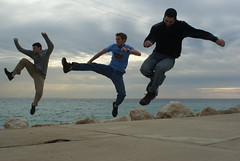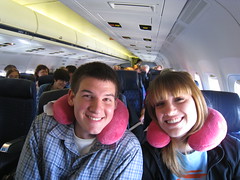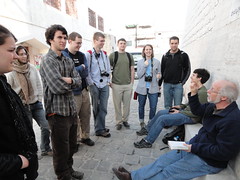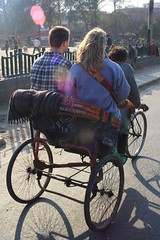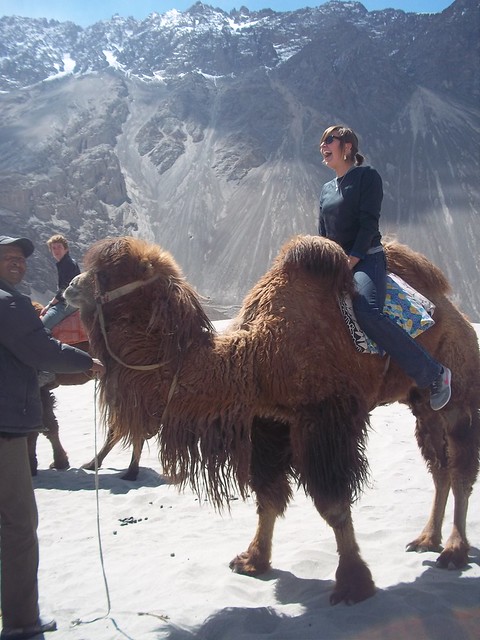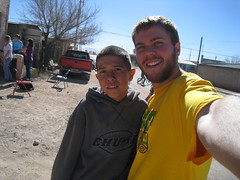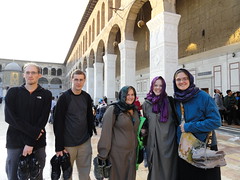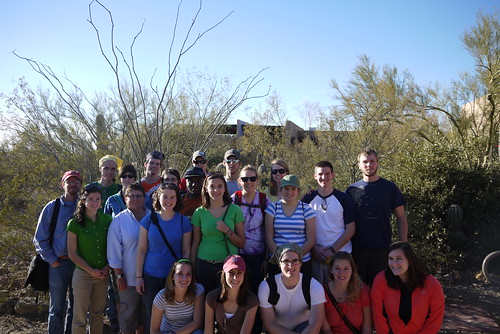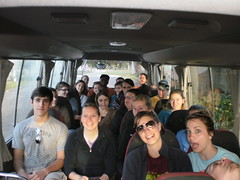 This past week has been a nice chance to settle into the routine of our lives here in Guatemala for the next while. Returning to the houses of our host families every night finally feels a little bit more like home, using the camionetas … Continue Reading ››
This past week has been a nice chance to settle into the routine of our lives here in Guatemala for the next while. Returning to the houses of our host families every night finally feels a little bit more like home, using the camionetas … Continue Reading ››
Report from Guatemala
 This past week has been a nice chance to settle into the routine of our lives here in Guatemala for the next while. Returning to the houses of our host families every night finally feels a little bit more like home, using the camionetas … Continue Reading ››
This past week has been a nice chance to settle into the routine of our lives here in Guatemala for the next while. Returning to the houses of our host families every night finally feels a little bit more like home, using the camionetas … Continue Reading ››
